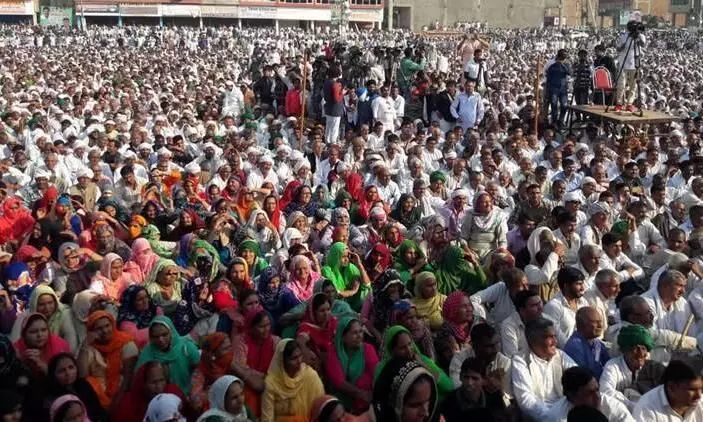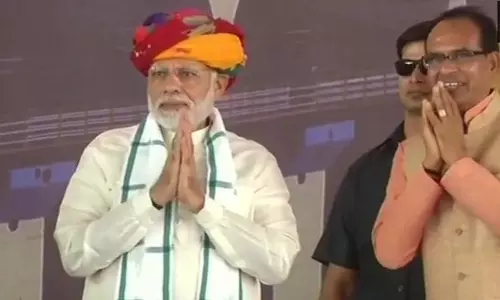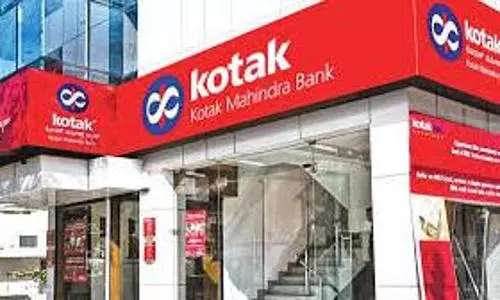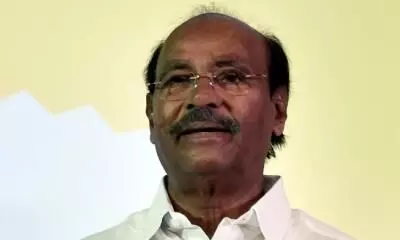

Caste based Census: A need of hour to protect interests of OBCs
text_fieldsIn a judgment pronounced on 4th March, 2021 a Three Judges Bench of Supreme Court declared election of 86 Members of 5 Zilla Parishads as non-est and there Seats are declared to be vacant and elections to fill them from General / Open Category Candidates be conducted immediately. This judgment is initiation of removal of OBC Reservation from all Local Bodies i.e. from Gram Panchayat to Zilla Parishad and Nagar Panchayat to Municipal Corporation unless constructive steps are taken by the States.
A demand for reservation for Other Backward Classes (OBC) is not new, but as the castes and Tribes under SC and ST were identified, there was no study of Classes those can be termed as Backward Class, therefore, Kaka Kalelkar Commission was appointed that submitted a report in 1955 identifying 2399 Castes as Backward, this report was not accepted by the Central Government. On 01.01.1979 B. P. Mandal Commission was appointed that submitted a report on 31.12.1980. The study was based on 1961 Census of India and 3743 Castes were identified as Backward. This report was accepted by the Central Government and 27% reservation was given in Education and Services from 07.08.1990.
In aftermath of acceptance of Mandal Commission's report there were nationwide protests and several litigations. Finally, a Larger Bench of Supreme Court consisting of 9 Judges upheld the legality of the policy in favour of reservation to OBC, this judgment was rendered in the case of Indra Sawhney, popularly known as Mandal judgment.
By 73rd Amendment, in the year 1992, the Constitution of India empowered the State Legislatures for making any provision for reservation of Seats in Local Bodies for OBC, accordingly, various States including Maharashtra made provision for 27% reservation. These laws were challenged in Supreme Court and on 11.05.2010 a 5 Judges Bench approved the policy of OBC Reservation with certain embargoes. (1) The total reservation should not exceed 50%. (2) The Reservation Policy be reviewed from time to time as to guard against overbreadth. (3) Distinct identification of Backward Classes for this purpose be made.
The most importantly Supreme Court held that, "Social and economical backwardness does not necessarily coincide with political backwardness. This is because the barriers to political participation are not of the same character as barriers that limit access to education and employment. This calls for some fresh thinking and policy making with regard to reservations in Local Self Government".
In the words of Supreme Court, "The objective of the democratic decentralisation are not only to bring governance closer to the people, but also to make it more participatory, inclusive and accountable to the weaker sections of society. In this sense, reservations in Local Self Government are intended to directly benefit the community as a whole, rather than just the elected representatives".
While General Elections to Zilla Parishads and Panchayat Samitis were conducted in 2019-20 in Maharashtra making 27% reservation for OBC, this was also challenged as the total reservation was exceeding cap of 50%. The Supreme Court found that since 2010 Maharashtra has not appointed any Commission to collect data about the politically backward classes and therefore, declared all such elections illegal.
India is still a democratic country, the elections to Local Bodies is a continuous process but in the light of the recent judgment it would be very difficult to have reservation for OBCs unless there is compliance of 2010 judgment about collection of data and identification of political backward classes. The State of Maharashtra during the hearing filed an affidavit pointing out that the breakup of the population regarding backward class category is available only with the Central Government but the said data of socio-economic Census 2007 is not shared by it with the States and unless such data is shared, the States cannot formulate any policy. The State Government requested for sharing of this data.
Recently, it was reported that the Hon'ble State Minister of Home made a statement in Parliament that there will be no caste based Census in 2021. Now, the situation brings us to a very interesting point wherein the Courts are not permitting the States to make provision for reservation in favour of OBCs in absence of the specific data about their backwardness and on the other hand the Central Government is not ready to collect this data by conducting caste based Census. The ultimate result is the irreparable loss of loosing political reservation to the backward classes and the entire backward community.
If, the States are serious enough to provide equal playfield to the backward classes and genuinely want them to be represented in Local Bodies, they need to intensify demand for caste based Census and simultaneously appoint Commission to identify the politically backward classes. The stand of Central Government to not to conduct caste based Census is further contrary to the constitutional mandate for giving proper representation to backward classes. If, corrective measures are not taken immediately in coming future there would be no reservation for OBCs in the Local Bodies and the marginalized would be further more marginalized for want of their say in the administration of these Bodies.
(The author is an advocate based in Nagpur who has appeared in many Public Interested Litigations. An earlier version of this article was published in Lokmat Times)




















